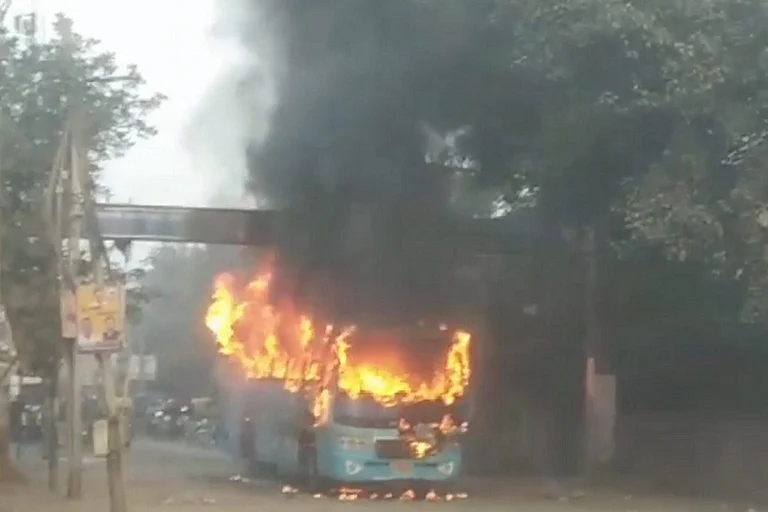A peculiarly Indian Premier League state of affairs prevailed in the country a few days ago, as the IT department, IRS, IB, ED, MoCA, and the rest of the alphabet went to work in right earnest. It was the day of the first semi-final. The structure propping it up might have been burning, but the IPL was strangely secure in its infallibility, the same unshakeable entitlement that members of the Indian elite walk about with.
In the SET Max studio, Shahid Kapoor laughed and promoted his film on the pre-match programme (a routine that no longer strikes viewers as odd). The news channels, hotly following the raids and investigations, abruptly switched to their sponsored game shows. Commentators we ought to be able to trust to bear a scrutinising gaze on the sport welcomed this because they felt people were being bombarded with far too much negativity and off-the-field news when the cricket was all that mattered.
They needn’t have worried, because the spectators didn’t really care about the controversies. If they had involved the Indian team rather than city franchises, there might have been public protests, stone-throwing at the Board of Control for Cricket in India’s office, the odd effigy burnt, some more disgust in everyday conversation.
But this was the IPL. And this was the real achievement of Lalit Modi and buddies. They had constructed a bubble in which rules didn’t matter, where commentators were incorporated into the PR machinery, and spectators, with an unquenchable appetite for glamour, thrown so much of it that they could take to the IPL the same suspension of disbelief they take to Bollywood films.
If everything about the IPL is particularly Indian, so is every aspect of the alleged corruption in it. Indians, especially those entertained, can therefore be sympathetic to it. Insider information is the most routine Indian occurrence, from the stock market to board examinations. The idea of family as conflict of interest doesn’t even arise because Indian politics and business are so dynastic that anything else seems an aberration. The financial regulations are so draconian, or so we are told, that it is not just normal but necessary to find ways around it.
So beneath a fatalistic acceptance of corruption, there is also an admiration for it, because the man who can bend the most tedious of systems and further himself and his family is clever, powerful, and arguably dutiful. And one man’s corruption empowers another. If Laloo and Natwar and Mayawati, then why single out Tharoor? If defence and telecom, then why go after IPL? It is the logic of a society whose aim is to not build but bore through.
But indifference of this kind is dangerous. One of the disappointments of the match-fixing inquiry 10 years ago was that nobody went to jail. We had the premier investigative agency in the country compiling a public report with testimonies of cricketers and bookmakers admitting to the highest fraud in the sport, and yet, largely on the technicality that the BCCI is a private society, no action beyond cricket bans was taken.
This is not to claim that there is fixing in IPL (though who knows), but that they have created a system ripe for fixing.
This, too, comes because of a particular Indian circumstance. More natural than creating and selling phantom teams would have been to invite the corporate world to invest in the existing structure. But our cricket associations are fiefdoms of politicians. And in any case the moneyed elite want nothing to do with the system; they want to own.
By selling teams, all manner of shady wheeler-dealers get to have direct ownership of the sport. The money spent in this enterprise, according to several analysts, is far too much to be recovered without temptation of misconduct. Players, some young and easy prey, some retired and with little to lose, are forced to associate on a nightly basis over drinks with a variety of grabbers. And though it didn’t happen this year, with 10 teams the next season there are bound to be at least a dozen inconsequential matches.
For the sport to remain uncorrupted in these circumstances, it is imperative that the top is clean. Which is why this time around, I hope there is a way to actually bring criminal prosecutions.
A national sport is a precious thing. It is one of the ways a community sees itself and understands itself. The reflection at the moment is not very pretty, and India’s genius is to change nothing but the mirror.
(Rahul Bhattacharya is the author of the cricket tour book Pundits from Pakistan)


























